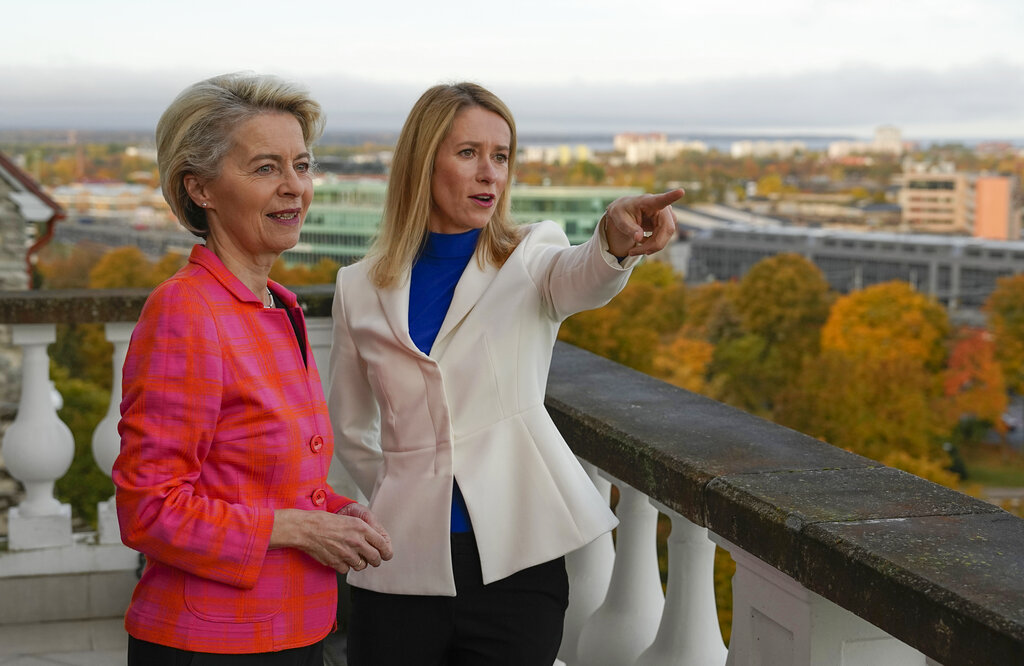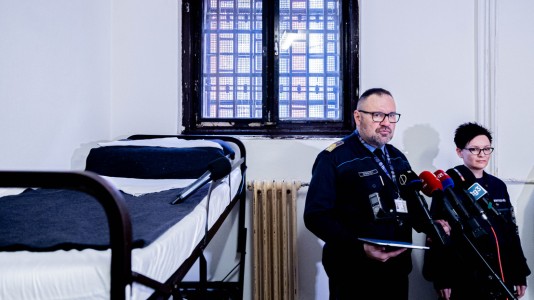An agreement on the top EU leadership has been reached and Ursula von der Leyen will once again lead the EU, three sources familiar with the negotiations were quoted as saying by the Frankfurter Allgemeine Zeitung (FAZ).
The paper reported that negotiators from the European People’s Party (EPP), the Social Democrats and the Liberals have agreed on a package at Thursday’s European Council meeting, including reappointing the EPP’s top candidate, von der Leyen, as president of the European Commission for another term.
The Frankfurter Allgemeine Zeitung also reported that the deal was brokered by the negotiating partners of the three political families: Greek Prime Minister Kiriakos Micotakis, Polish Prime Minister Donald Tusk of the EPP, German Chancellor Olaf Scholz, Spanish Prime Minister Pedro Sanchez of the Social Democrats, French President Emmanuel Macron, and Dutch Prime Minister Mark Rutte of the Liberals.
The presidency of the European Council will go to former Portuguese Prime Minister Antonio Costa, a Social Democrat. The High Representative for Foreign Affairs and Security Policy will be Estonian Prime Minister Kaja Kallas, a liberal, the FAZ reported.
The German paper also reports that it has been agreed that von der Leyen will approach Giorgia Meloni, but as Italian prime minister and not as leader of the Brothers of Italy (FdI) party and the EU parliament group European Conservatives and Reformists (ECR), in order to discuss the future Italian portfolio in the EU leadership.
The 27 heads of state and government of the European Union will meet in Brussels on Thursday and Friday for the European Council meeting, where they are expected to formally approve the staff package.
This requires a so-called “qualified majority,” which is a vote of at least 20 heads of state and government representing 65 percent of the EU population. This will also have to be confirmed in mid-July when the new European Parliament convenes.






